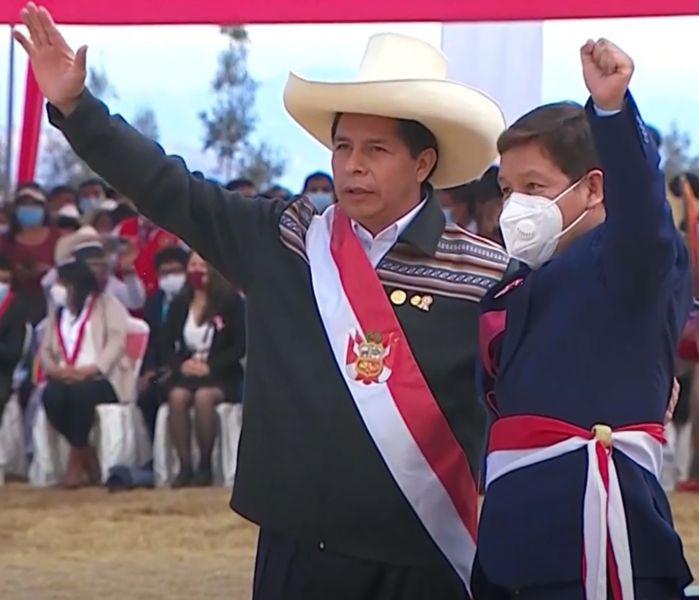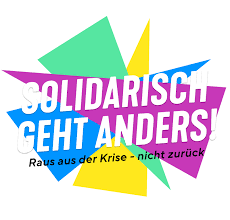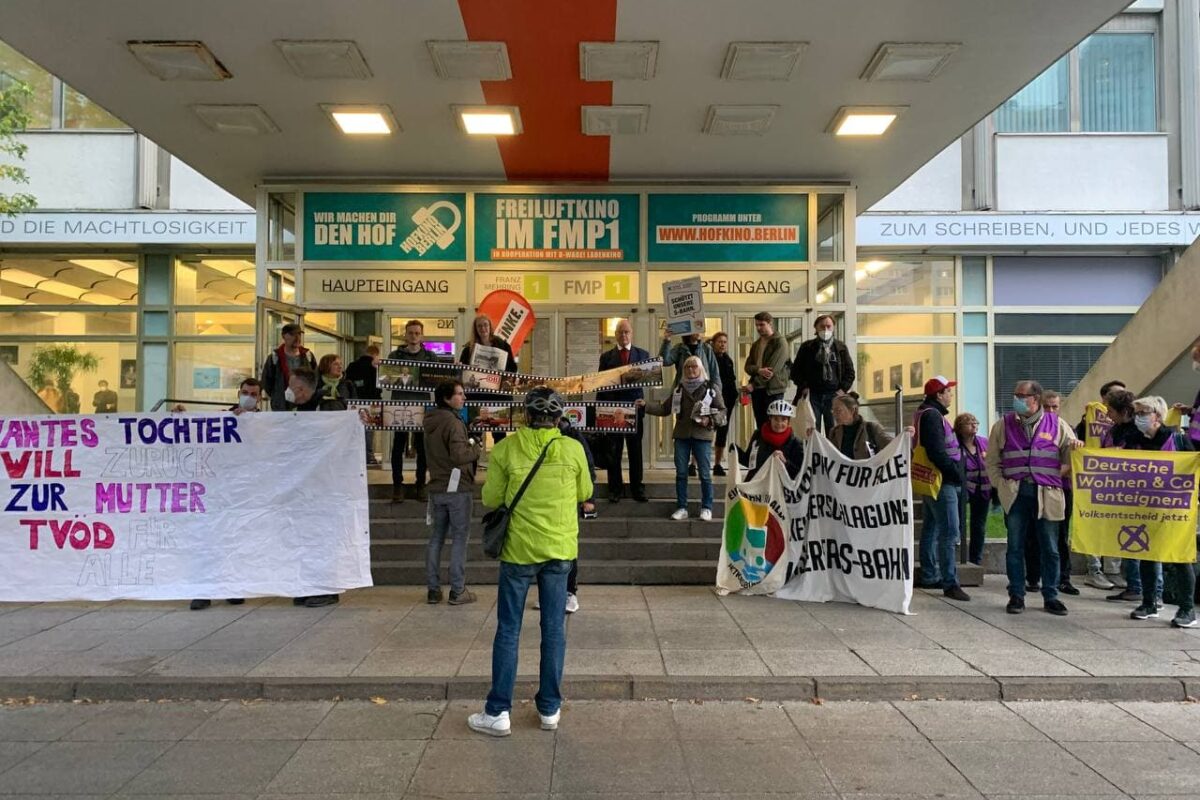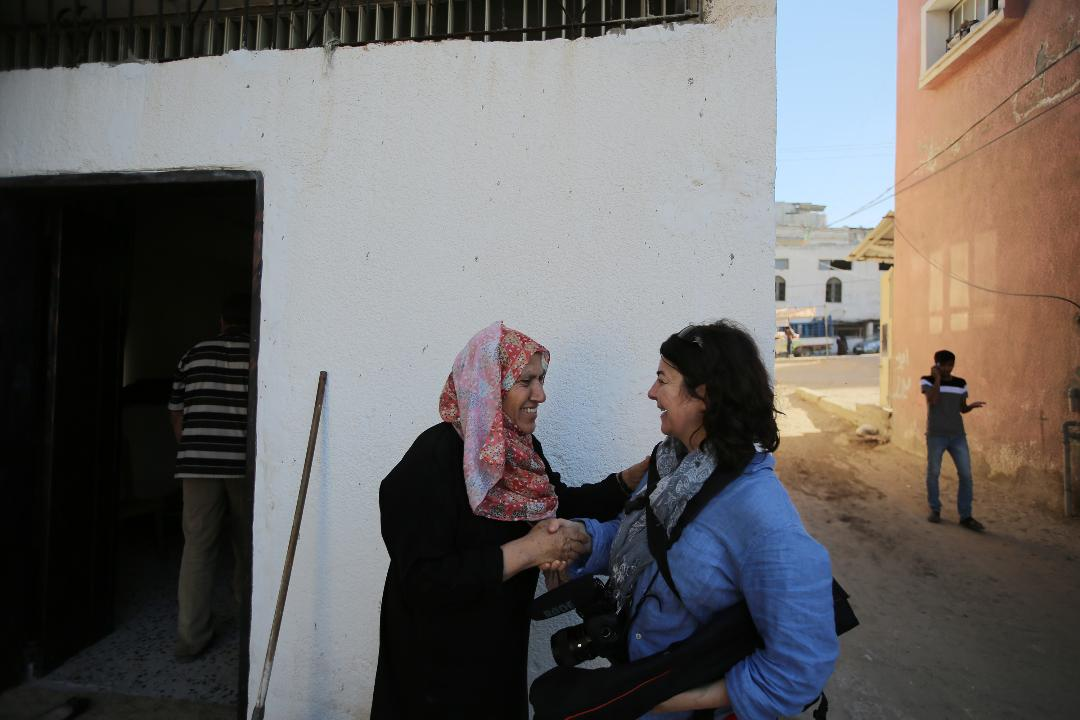Recent Presidents of Peru were a lousy lot: Alberto Fujimori (jailed 25 years for terror); Alan García (committed suicide charged with bribery from Brazilian firm Odebrecht); Alejandro Toledo (fugitive from Obdebrecht); Pedro Pablo Kuczinski (house arrest Obdebrecht); Martin Vizcarra (impeached twice, banned from office for jumping lines for COVID vaccination). Who comes next?
After much delay, Pedro Castillo is declared to have won Presidential elections against Keiko Fujimori (Alberto’s daughter). What can workers and peasants of Peru expect of Castillo? Capitalists hope to gull Peruvian toilers again. More false promises of fighting imperialism without revolution. Previously, this dead-end led to another – isolated ‘focos’, spontaneous guerrilla-ism unlinked to workers movements. Both were rooted in misconceptions about imperialism.
1. Jose Carlo Mariátegui
As the founder of the Peruvian Communist Party, Mariategui first confronted bogus leftists when opposing Victor Raul Haya de la Torre’s Alianza Popular Revolucionaria American. APRA confused and distracted Peruvian toilers, claiming to reject ideologies from outside Latin America, including Lenin:
“Apristas argued that Lenin’s theses on imperialism did not reflect development particular to Latin American countries. Communism was essentially a European phenomenon…The anti-imperialist state would exert control over foreign capital; it would not eliminate it.” [1]
Torre was a pro-USA comprador, who argued that foreign capital could be ‘regulated’:
“Haya was critical of radicals who urged Latin America to reject all foreign capital..…. he advocated the regulation of foreign investment to ensure that it supported national goals…. APRA leaders accepted US-led hemispheric integration.” [1]
In contrast Mariátegui based anti-imperialism on Lenin. [2]:
“Profits from mining, commerce, transportation do not stay in Peru. They go outside as dividends, interest, … “Peruvian progress depends on the price of sugar and cotton in markets in New York and London. Peru’s economic dependency is felt throughout the nation.” [1]
Mariátegui argued Peru had three underlying economic elements:
“Elements of three different economies coexist in Peru today. Underneath the feudal economy inherited from the colonial period, vestiges of the indigenous communal economy can still be found in the sierra. On the coast, a (backward) bourgeois economy is growing in feudal soil.” [3]
‘Gamonalismo’ (rural bossism) landlords ruled the rural ‘latifundia’, formed by seizures of formerly communal land. Landlords felt no urge to modernize, and became ‘compradors’ to imperialism:
“The latifundistas are satisfied as foreign capital’s intermediaries in sugar and cotton. ” [4]
“The landowning class has not been transformed into a capitalist middle class, ally of the national economy. Mining, commerce, and transport are in the hands of foreign capital.” [4]
By 1950, the ‘Coidgo de Mineria’ (Mining Laws), enabled the USA to strip Peruvian raw material and assets. [5] For Mariátegui only working class and peasantry state power could control imperialism, he proposed:
“a proletarian party (of) a worker-peasant alliance… the peasant question was central with the leading role of the proletariat in the transition to socialism.” [6]
Even in the 1961 census peasant lands were minimal and marginal:
“1% of landowners held 80% of private land, whereas 83% of farmers held properties of 5 hectares or less, representing only 6% of private land.” [7]
In the 20th century, the rural, grinding poverty spurred spontaneous uprisings, from 1915 on, [8] swelling by 1964, becoming occasionally guerrilla ‘focos’. [9, 10] They prompted paltry reforms. Three large insurrections failed (Hugo Blanco; Javier Heraud and the Ejerecito de Liberacion Nacional (ELN); and Luis de la Puente Uceda’s Moviemento de Izquierda Revolucionaria (MIR) [11] – because:
“guerrillas remained separated from the peasantry by an immense cultural and linguistic barrier… mutual mistrust … prevented effective cooperation.“ [12]
2. General Juan Velasco Alvardo (1968) – Reforms reversed in ‘neo-liberal’ era [13]
By 1968 reforms finally began in Juan Velasco Alvardo’s dictatorship. But they were to be reversed, ending in great land concentration for rural comprador capitalists. Velasco had no intent to expropriate imperialism, saying in 1969:
“The government doesn’t have any money… The country needs capital for its development”. [13]
“private investment, even if it creates economic modernization, serves as a mechanism for removing wealth from Latin America. But… Latin American development requires foreign capital.” [13]
Velasco aimed to transform comprador rural landholding bourgeoisie, into a modern bourgeoisie:
“converting agrarian capitalists into industrial capitalists.” [14]
Velasco bargained for:
“Foreign investment under forms that guarantee that our countries have a fair share in the wealth.” [29]
Limited agrarian reforms defused many peasant risings, after ‘Agrarian Law’ #17716, placed expropriated land into cooperatives. But its scope was severely limited leaving landlord-capitalists empowered. Non-agricultural businesses of landowners were untouched; and limits on land ownership were high at 165 hectares.
Yet even this was ‘too much’ for the landowning oligarchy.
Francisco Morales Bermúdez reversed in 1975, breaking up cooperatives. Later governments (Belaúnde and García) closed more cooperatives, and neo-liberal, vicious Alberto Fujimori (1990–2000) closed the last. [15] Fujimoro seized the chaos of the ‘Shining Path insurgency (whose leader Abel Guzman died in prison on October 11th 2021) to instigate army massacres of progressives.
The ‘Shining Path’ repeated prior mistakes, in an ultra-leftist, individual terrorism inspired by Mao Ze Dong. [16] Naïve authoritarianism included prohibiting peasants going to markets. [17] It descended into simple illegitimate terrorism:
“eighty peasants (were) slaughtered in Lucanamarca (for) collaborating with government.” [18]
The theory of ‘countryside encircling the towns’ justified such horrendous betrayal of workers and peasants. Senderosos became cocaine-traffic revenue extorters. [19] The peasantry turned against them using their own militia.
The repressive, murderous government of Alberto Fujimoro was enabled by ruthless steps against workers and peasants. By Alan García’s second presidency (2006–2011), “re-concentrators” of land were instituted:
“limiting land ownership to 40,000 hectares… far exceeding the largest latifundios before reform…. In re-concentration of land… 60,000 hectares was acquired by seven companies. In Piura, the Romero group – whose vast estates were expropriated by agrarian reform – owns 10,000 hectares. The transnational enterprise Maple Etanol SRL owns 12,000 hectares, to grow sugarcane for bio-combustibles industries.” [16]
Indigenous land seizures or predatory purchasing in indigenous forests by multinationals, resulted in forest “concessions” of 400 square kilometers for use over 40 years to 2010. [20] A further 64 lots ‘conceded’ 500,000 square kilometers (72% of Peru’s Amazonia) but was halted by people’s fronts. In elections in 2006 and 2011, Ollanta Humala Tasso also posed as a military reformer, but when he gained power he pursued neo-liberalism. [16]
Currently Peru ranks 42nd in inequity measures (‘gini coefficient’ of 42.8%). [21] True, OECD poverty data of a ‘minimum basket of minimum essential goods’, shows that poverty rates dropped to 2013. [22] But this is an extreme measure, and was before COVID. At 614 deaths per 100,000 population, Peru has the highest death rate from COVID. [23] Even by 2020, an alarming rise in the poverty rate by 6 percentage points in 2020 had “pushed almost two million people into poverty.” [24] Peru is typical of countries who depend on raw material export, Peru on minerals. Velasco’s bargain did not reduce imperialist hold.
3. What are the new promises?
Vladimir Roy Cerrón Rojas founded Peru Libre in 2007. As a regional governor, of Junin, he was convicted of corruption and is barred from standing for election. Pedro Castillo of the teachers’ union of 350,000 members [25] stood for ‘Peru Libre’ who won. But Keiko Fujimori, the army, and most press media alleged electoral fraud, and that Castillo and Cerron were really ‘Shining Path-ers’. After intense scrutiny Castillo was declared the winner having received 50.13% of votes against Keiko Fujimori’s 49.87%. ‘Peru Libre’ now holds 37 of 130 seats in Congress. What does Castillo stand for?
Cerron’s program calls the party: “socialist, Marxist, Leninist and mariáteguist”.[26] It calls for a new Constituent Assembly to “dismantle neo-liberalism” in a:
“wealth redistributing state. Change of the accumulating state that favors the transnational business community by attempting to improve wages by a redistributing state of wealth favoring the national business community that improves wages.” [24]
Nationalization will achieve ‘redistribution’ by:
“renegotiating the distribution of profits, (now) the transnational companies keep 70%… up to 80% and 90% of profits… We propose to reverse the distribution of profits, 20% in favor of the transnational and 80% in favor of the State.” [24]
The word ‘expropriation’ does not appear. To further avert misunderstandings as to its limited vision of ‘socialism’ it states:
“Every revolution promotes, supports and defends their national public or private business, it is a political conspiracy to say that socialism is against them. The socialist state exercises a protective role over our private companies with respect to transnational capital.”
This is yet again – Torres’ Aprism ‘negotiating’ – as in stolen lands:
“private companies and concessionaires (in) prospecting, exploration and exploitation of natural resources in the sphere of the indigenous peoples and peasants, must comply with the binding consultation of the peoples… (in ‘partnerships’).”
True, the programme pays a certain lip-service to Lenin and Castro:
“Lenin was very right when he declared that true freedom of the press in a society is only possible when it is freed from the yoke of capital. Likewise, Fidel: “The problem is not that they lie, the problem is how we tell the truths”
But how this ‘press freedom’ is achieved is not clarified. No clear path describes how workers and peasants will take state power.
Even with such programmatic shallowness, there are rapid backslides and watering down. In his ‘Message to the Nation’ on assuming the presidency in Congress, Castillo said:
“We do not even remotely intend to nationalize our economy or make an exchange control policy.” [27]
Such open repudiations of ‘Peru Libre’ have provoked crises. As key ministers attended the Organisation of American States (OAS) meeting, the ‘Cerronist’ Prime Minister Guido Bellido announced pre-emptively that:
“(unless) the Camisea natural-gas project did not renegotiate its contract to increase the state’s share of the project’s profits, it would seek to “nationalise” the firm (consortium of six gas companies).” [28]
He was quickly contradicted by Castillo and his economy minister Pedro Francke (formerly of the Peruvian Central Bank and World Bank), and Óscar Maúrtua, the foreign minister. In his first speech at OAS, Castillo soothingly said:
“We are not communists. We have not come to expropriate anyone. We have not come to scare away investments. On the contrary, call large investors, businessmen, to go to Peru.“ [29]
Castillo has already removed members found the most ‘unacceptable’ to the Peruvian ruling class, from his cabinet:
“Guido Bellido … and Minister of Labor Iber Maraví… fell (But) … lawyer Luis Barranzuela Vite (Ministry of Interior) is of great concern… (defending) Cerrón, Bellido and Perú Libre in investigations for money laundering.” [30]
Naturally enough the bosses feel quite relaxed about matters:
“Roque Benavides, chief executive of local miner Buenaventura, told Reuters that… “I think that neither of the two candidates can impose their position and therefore I think that the idea of them making dramatic, drastic changes is very debatable,” he said.” [31]
Conclusion
While Castillo is preferable to Fujimoro, there will be no fundamental changes for the workers and peasants of Peru under his tenure. As Marxist-Leninists in Peru note, the bourgeoisie and Creole oligarchy are linked to imperialism and oppose the ‘political power of the working class, the peasantry and the other classes exploited by capitalism’:
“the political power of the bourgeoisie and the Creole oligarchy; (with) Imperialism, (and) the anti-national and anti-popular forces” where imperialist forces include “mainly North American imperialism, as well as the Chinese, Russian, Canadian, other powers and their front men”.[32]
Capitalism and imperialism transformed the rural landscape leaving it in the hands of the “parasitic bourgeoisie’ and ‘transnationals’:
“common property of the lands and territories… were seized from the Peasant and Native Communities, by the parasitic bourgeoisie, land traffickers and the mining, gas, oil, hydroelectric and logging transnationals.”
Shilly-shallying around the issue of workers and peasant power is a false promise.
Footnotes
1 Geneviève Dorais; ‘Journey to Indo-América: APRA; Cambridge; p.2-11
2 Eric Helleiner & Antulio Rosales; ‘The significance of the Haya-Mariátegui debate’; International Studies Review [1521-9488; 2017 Vol.19(4); p.667 -691
3 J.C. Mariategui; Problem of the Indian”.
4 Jose Carlos Mariategui, Outline of Economic Evolution
5 S.Hunt, ‘Direct Foreign Investment’; in A.F.Lowenthal ‘Peru’s Ambiguous Revolution’; Princeton 1975; p. 302f
6 T.Angotti, ‘Contributions of Mariategui’, 1986, Vol. 13(2), Perspectives Left Politics, p. 33f
7 M.Albertus, ’Land Reform’; American Journal Political Science, Vol. 64(2), 2020, p. 256
8 J.C.Grijalva, ‘Paradoxes of Inka Utopianism’; 2010; Journal Latin American Cultural Studies, 2010; 19(3), p. 317
9 Bland W.B; ‘Theory of Guerrilla Elite
10 C.Harding; ‘Land Reform’; in A.F.Lowenthal, ‘Peruvian Experiment under Military’; Princeton; 1975; p.226
11 R.Gott; ‘Guerilla Movements Latin America’; London 1970; p.231f;
12 L.G.Campbell; ‘Peruvian Guerrilla Movement, 1960-1965’; LatAmer Research Review , Spring, 1973, Vol. 8(1); pp. 45-70
13 A.F.Lowenthal ‘Peru’s Ambiguous Revolution’; Princeton; 1975; p. 4
14 A.Quijano, ‘Nationalism and capitalism Peru’; 1971, Monthly Review Press N.York; p.16f
15 Cant, A. (2021); ‘Land without masters’; p.153f
16 D.Poole; ‘New Chroniclers Peru: US’; Bulletin Latin American Research, 1991, Vol. 10, No. 2 (1991), pp. 133-191
17 CP Peru (M-L); ‘Unmask Senderismo; Unity & Struggle’; 2015; #30; p.83
18 O.Starn; ‘Maoism in Andes’; 1995, Journal LatAmer Studies; Vol.27 (2); p.399-421
19 D.S.Palmer; ‘Peru, Drug Business, Shining Path’; 1992, Journal Interamerican Studies; Vol. 34(3), p.65
20 G.Rénique’, Law of Jungle in Peru: Indigenous Amazonian Uprising’, 2009 Socialism and Democracy, 23(3) p.117
21 https://worldpopulationreview.com/country-rankings/gini-coefficient-by-country?ref=vc.ru
22 OECD, ‘Development Pathways; Peru
23 Cases and mortality by Country; Johns Hopkins; 15 October 2021
24 The World Bank In Peru’; ; Accessed15 October 2021
25 Farid Kahha; ‘ Interviewed; ‘Pedro Castillo Can Help End Neoliberalism in Peru,’ Jacobin 06.01.2021
26 http://www.perulibre.pe/wp-content/uploads/2020/03/ideario-peru-libre.pdf
27 Message to Nation, five keys to his first speech’ July 28, 2021, Memesita;
28 Economist Intelligence Unit; Prime minister threatens nationalisation; Oct 4, 2021;
29 ‘Pedro Castillo OAS: Internationalists point to ambiguity and Promises of new President
30 Editorial: Cerron is still present: The exit of Bellido and Marvi from the cabinet look cloudy with the arrival of Luis Barranzuela in a sensitive sector; El Comercio; October 7, 2021;
31 Latin America News’; ‘Peru markets and miners fear Castillo; June 8, 2021; ‘Rio Times’;




